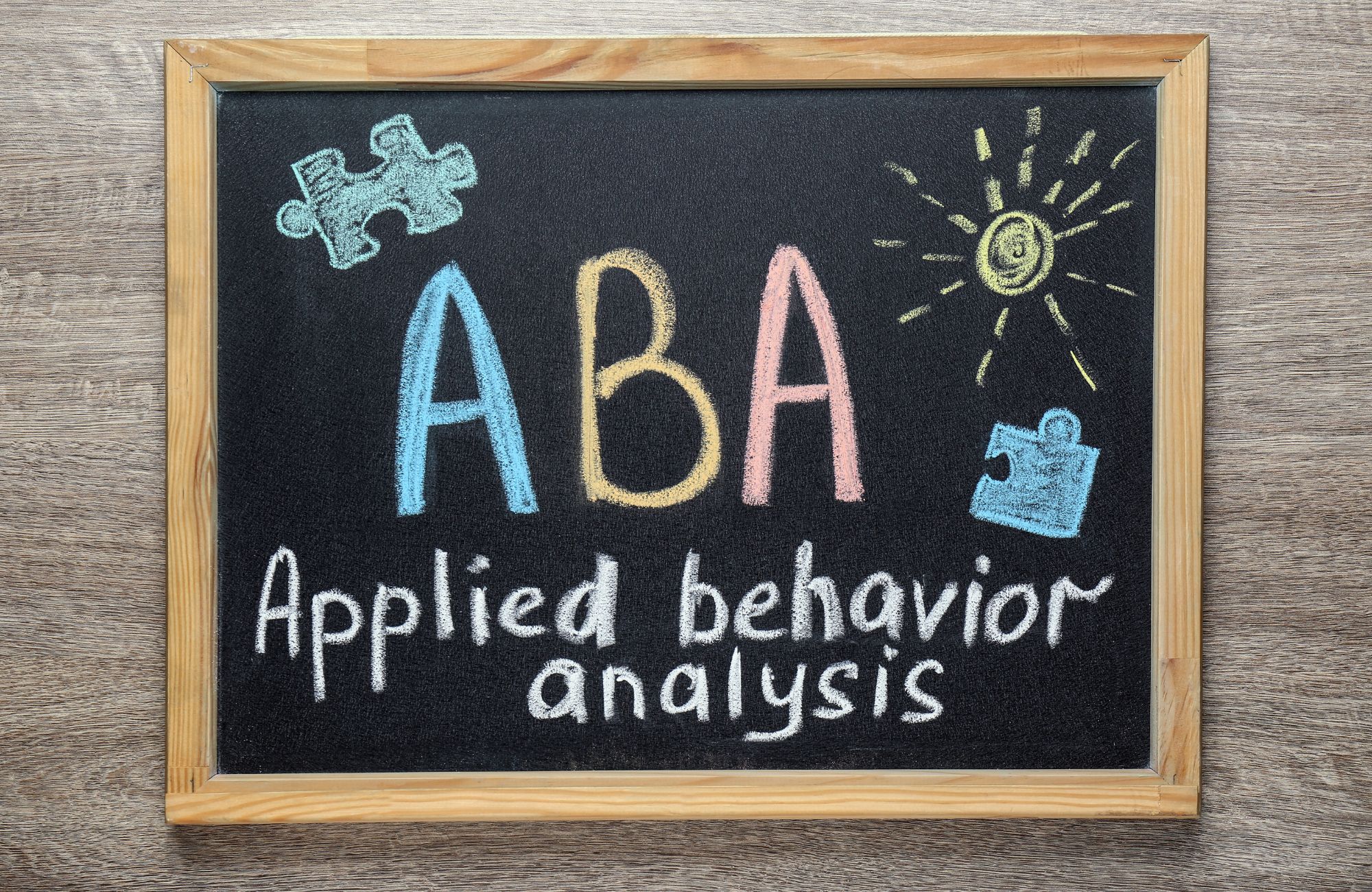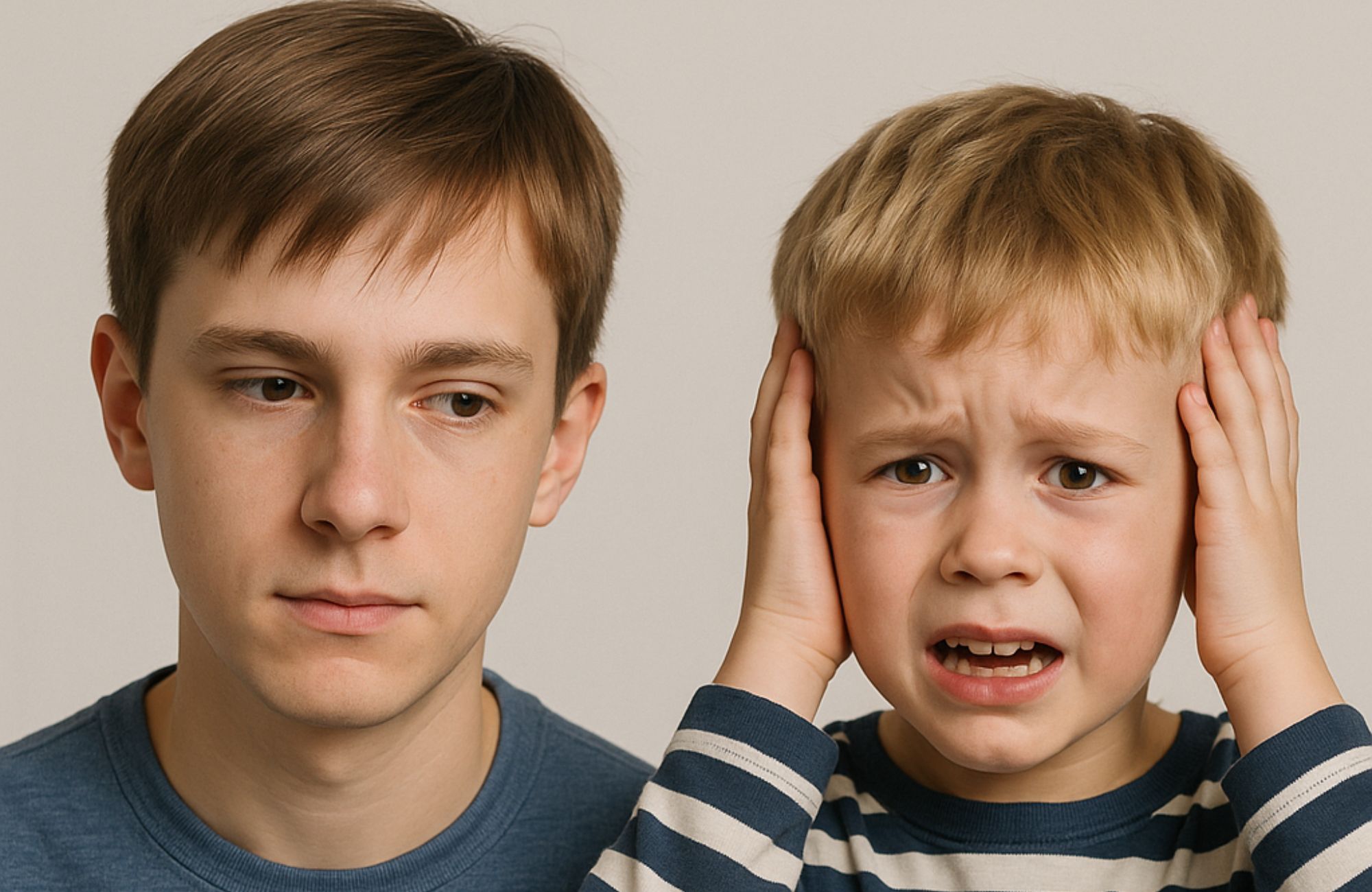Many people miss out on the right care because they’re unsure about the difference between behavioral health and mental health. While the two are closely connected, they address different aspects of overall well-being and require different types of support.
This guide will explain the key differences between behavioral health vs mental health, how they relate to each other, and why understanding both is important for getting effective help.
Historical Context of Behavioral Health and Mental Health
The way we talk about behavioral and mental health has changed a lot over time. In the past, mental health treatment focused mainly on institutional care, with little attention to behavior or daily functioning. That began to shift in the mid-20th century with the rise of behavioral psychology, which emphasized how actions could be observed and changed.
As science advanced, mental health became more connected to brain chemistry and biology, while behavioral health focused on habits, actions, and coping strategies. Today, both are seen as essential parts of well-being, often working together in modern treatment approaches.
Defining Behavioral Health
Behavioral health encompasses a much broader spectrum than mental health alone. It examines how behaviors impact an individual’s physical and mental well-being, considering the whole person rather than just psychological state. Think of behavioral health as a comprehensive umbrella that includes not only mental health but also how our actions, habits, and lifestyle choices affect our overall health.
The key components of behavioral health include:
- Physical Health Factors – How nutrition, exercise, sleep patterns, and physical activity impact our wellness
- Lifestyle Choices – The effects of substance use, diet, and routine daily activities
- Social Determinants – How relationships, community involvement, and societal factors influence behaviors
- Habitual Behaviors – Patterns of actions that affect well-being, from technology use to risk-taking tendencies
- Substance Use Considerations – Addressing conditions like alcohol dependency or drug use disorders
Behavioral health focuses on changing actions and habits that contribute to poor health, viewing behaviors as learned responses that can be improved with the right support. For example, addressing alcohol use may involve identifying triggers, building healthier routines, and involving family to support lasting change.
Defining Mental Health
Mental health specifically focuses on psychological, emotional, and cognitive well-being. It concerns how we think, feel, and process our experiences and how these internal states influence our ability to cope with life’s challenges, maintain relationships, and function effectively.
The core components of mental health include:
- Emotional Well-being – The ability to understand and manage feelings, maintain emotional balance, and experience appropriate emotional responses
- Cognitive Functioning – How we think, reason, concentrate, learn, and solve problems
- Identity and Self-perception – How we view ourselves and interpret our place in the world
- Psychological Resilience – Our capacity to recover from difficulties and adapt to change
- Mental Disorders – Conditions like depression, anxiety, bipolar disorder, and schizophrenia that affect mood, thinking, and behavior
Mental health exists on a spectrum that can shift throughout life, influenced by genetics, brain chemistry, life experiences, and family history. Unlike behavioral health, which focuses on actions, mental health addresses internal thoughts and emotions, often treated through therapy, medication, or both.
The Interconnection Between Behavioral Health and Mental Health
Behavioral health and mental health are deeply connected, each influencing the other. Mental health conditions like depression can lead to unhealthy behaviors such as isolation, poor sleep, and inactivity, which in turn can make the condition worse.
On the other hand, positive behaviors like regular exercise, healthy eating, and social connection can improve mental well-being. Research shows that behavioral changes can be just as effective as medication for some mental health issues, highlighting the importance of addressing both for lasting improvement.
Behavioral Health vs Mental Health: Key Differences
While interconnected, several key distinctions separate behavioral health from mental health:
| Aspect |
Behavioral Health |
Mental Health |
| Scope |
Broader, includes physical health, lifestyle, and social factors |
Narrower, focused on emotional and psychological well-being |
| Focus |
Observable actions and habits |
Internal thoughts and feelings |
| Treatment Approaches |
Behavior change, lifestyle adjustments, skill-building |
Therapy, medication, psychological techniques |
| Primary Providers |
Behavioral analysts, counselors, and social workers |
Psychiatrists, psychologists, and psychiatric nurses |
| Common Interventions |
ABA, CBT, lifestyle changes |
Medication, talk therapy, and psychiatric care |
| Assessment Methods |
Behavior tracking, observation, and functional analysis |
Psychological testing, mental exams, self-reports |
Understanding these differences helps patients and healthcare providers determine the most appropriate treatment approach. For some conditions, like substance use disorders, behavioral interventions may be primary. For others, like schizophrenia, mental health treatments through medication may be the foundation, complemented by behavioral approaches.
Behavioral Health Services and Treatment Models
Behavioral health services encompass a wide range of interventions designed to modify behaviors that negatively impact well-being. These services are delivered across various settings, including outpatient clinics, specialized behavioral health hospitals, community health centers, schools, and home-based programs.
Common evidence-based behavioral health treatments include:
- Applied Behavior Analysis (ABA) – Particularly effective for autism spectrum disorders, ABA therapy uses reinforcement strategies to increase desired behaviors and reduce harmful ones. This structured approach breaks skills into manageable components and provides systematic teaching with consistent feedback.
- Cognitive Behavioral Therapy (CBT) – Addresses the connection between thoughts, feelings, and behaviors by identifying and changing negative thought patterns that lead to problematic behaviors.
- Dialectical Behavior Therapy (DBT) – Combines cognitive-behavioral techniques with mindfulness, focusing on emotional regulation, distress tolerance, and interpersonal effectiveness.
- Substance Abuse Treatment – Includes detoxification, rehabilitation programs, medication-assisted treatment, and ongoing support groups addressing addictive behaviors.
- Chronic Disease Management – Behavioral approaches to managing conditions like diabetes, heart disease, and obesity by establishing healthier eating, exercise, and medication adherence habits.
Behavioral health services are particularly vital for pediatric populations, where early intervention can significantly impact developmental trajectories. For children with developmental disorders like autism, comprehensive behavioral health programs provide structured supports that build communication, social, and adaptive skills while reducing challenging behaviors.
Mental Health Services and Treatment Models
Mental health services focus primarily on addressing psychological and emotional wellness through various therapeutic approaches. These services typically include:
- Psychiatric Medication Management – Prescribing and monitoring medications that address chemical imbalances associated with mental health disorders like depression, anxiety, bipolar disorder, and schizophrenia.
- Psychotherapy – Various forms of talk therapy help individuals process emotions, develop coping strategies, and gain insight into psychological patterns. Common approaches include psychodynamic therapy, person-centered therapy, and interpersonal therapy.
- Crisis Intervention – Immediate, short-term help for individuals experiencing acute mental health emergencies, including suicidal ideation or psychotic episodes.
- Inpatient Psychiatric Care – Hospital-based treatment for individuals requiring intensive monitoring and stabilization during acute mental health crises.
- Group Therapy – Therapeutic sessions where individuals with similar challenges come together under professional guidance to share experiences and develop coping strategies.
Mental health treatments often address underlying biological factors through medication while incorporating therapeutic techniques to manage symptoms and develop healthy coping mechanisms. The focus remains primarily on internal psychological processes rather than observable behaviors, though behavioral techniques may be incorporated.
The Role of Behavioral Health in Treating Developmental Disorders
Behavioral health approaches are especially effective for developmental disorders like autism. Treatments like Applied Behavior Analysis (ABA) break down complex skills, reinforce positive behaviors, and teach communication, social, and daily living skills. ABA is widely considered the gold standard for autism treatment.
Early intervention can lead to major improvements in language, social, and cognitive skills. Involving families in therapy helps ensure consistent support across home and community settings, making behavioral strategies more effective in everyday life.
Integrated Approaches to Behavioral and Mental Health
Modern healthcare increasingly recognizes that separating behavioral and mental health can limit effective treatment. Integrated care approaches address both together, reflecting the close link between our behaviors and mental well-being.
Collaborative care models unite professionals like psychiatrists, therapists, behavioral analysts, and primary care doctors to treat the whole person. This is especially effective for complex issues like substance use, where addressing both behavior and mental health leads to better long-term outcomes.
Improving Behavioral Health
Improving behavioral health involves developing habits and routines that support overall well-being. Practical strategies include:
- Establishing Healthy Lifestyle Routines: Regular exercise, quality sleep, healthy eating, and avoiding alcohol or drugs all support better mental and behavioral health.
- Developing Positive Coping Mechanisms: Managing stress through deep breathing, problem-solving, time management, and healthy boundaries can greatly improve mental and behavioral health.
- Building Strong Interpersonal Skills: Strong relationships rely on active listening, clear communication, empathy, and conflict resolution skills.
These behavioral approaches don’t just improve physical health – they significantly impact mental well-being by reducing stress, enhancing mood, and building resilience against psychological challenges.
Improving Mental Health
Similarly, specific strategies can enhance mental health:
- Self-Care Practices: Mindfulness, journaling, creative expression, and joyful activities help support emotional well-being and self-awareness.
- Building Emotional Intelligence: Building emotional intelligence involves recognizing emotions, understanding triggers, responding appropriately, and practicing empathy.
- Professional Support: Ongoing care may include therapy, medication, support groups, and psychiatric evaluations for lasting improvement.
These mental health practices complement behavioral approaches, creating a comprehensive framework for overall wellness.
Choosing the Right Provider
When seeking help, understanding whether you need primarily behavioral health or mental health services can guide your provider selection:
Consider a behavioral health specialist when:
- The primary concerns involve actions, habits, or lifestyle patterns
- Specific behaviors need modification (like substance use)
- Developmental disorders require structured intervention
- Physical health conditions require behavioral management
Consider a mental health specialist when:
- Emotional distress is the primary concern
- Thought patterns and internal processes need addressing
- Psychiatric symptoms like hallucinations are present
- Medication may be beneficial
Many providers now offer integrated services addressing both aspects, particularly for complex conditions where behavioral and mental health factors intertwine.
Conclusion
Understanding the difference between behavioral health and mental health is key to getting the right support at the right time. While they often overlap, each plays a distinct role in your overall well-being, from daily habits and lifestyle choices to emotional resilience and mental disorders. By recognizing how these areas interact, individuals, families, and providers can create more effective and personalized care plans that support lasting change.
Affinity ABC provides compassionate, evidence-based behavioral health services throughout New Mexico. Whether you are supporting a child with autism, managing daily stress, or working through behavior-related challenges, our experienced team is here to help. Contact us today to learn how our individualized programs can support healthier habits and improve quality of life.
FAQs
What is the difference between behavioral and mental health?
Behavioral health is broader, focusing on how actions affect wellness, while mental health addresses psychological states. Behavioral health disorders include mental health disorders plus substance use, and physical health conditions.
How do I know if I need behavioral health or mental health services?
If you’re struggling with behaviors or habits, seek behavioral health services; for emotional distress, mental health services may help. The Mental Health Services Administration recommends choosing based on your specific symptoms.
What is the main difference between a behavior and a mental process?
Behaviors are observable actions, while mental processes are internal thoughts and emotions. This distinction helps develop treatment plans that include mental health disorders when necessary.









